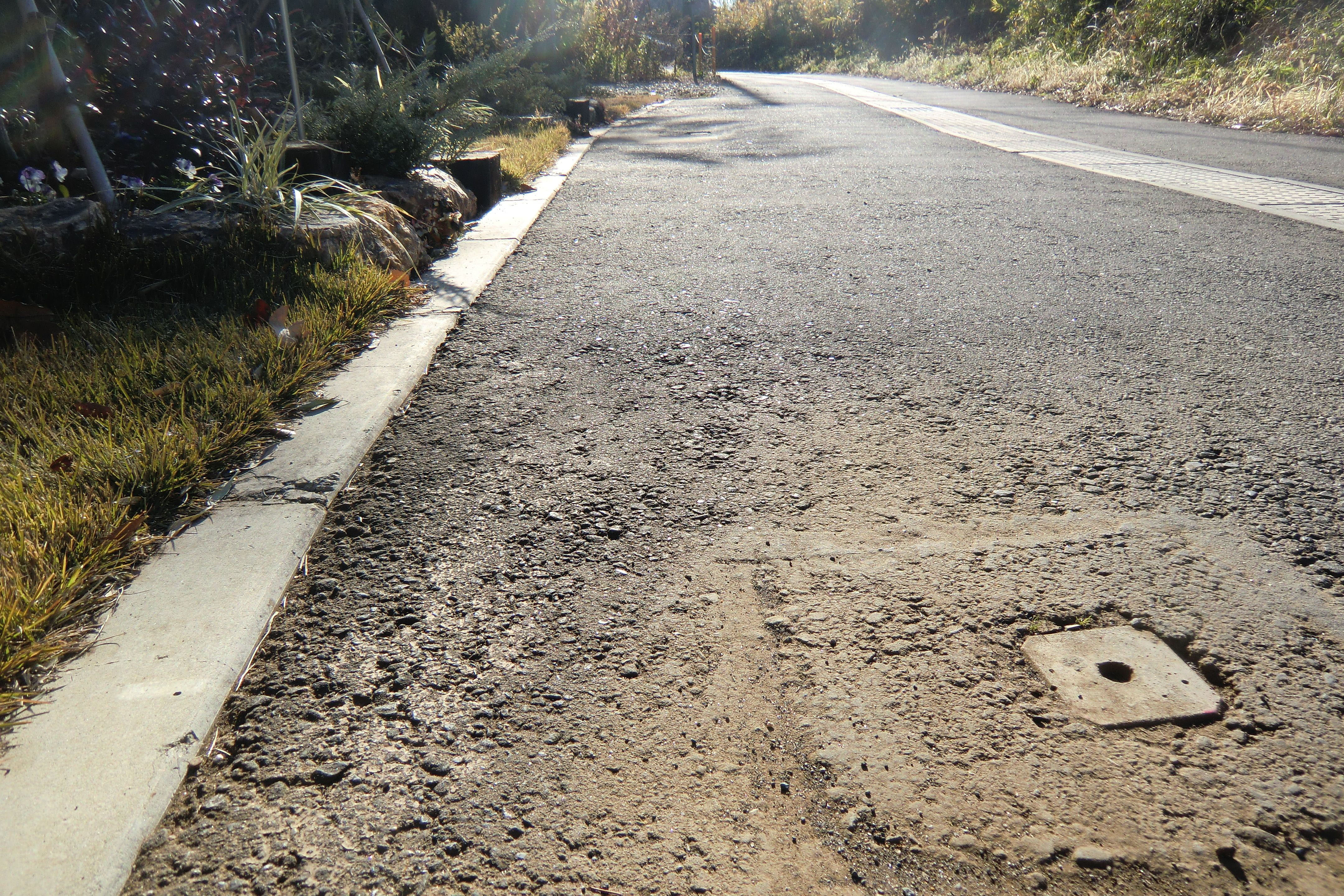Some years ago we lived in western Kawasaki, Kanagawa Prefecture, in a neighborhood that clung to the contours of a hilly terrain. Many of the streets were just dirt and gravel, even though the area was fully developed. Neighbors told us that they had been trying to get the local government to pave these roads, but the work never proceeded because the authorities claimed they couldn't gain permission from the owners of some of the adjacent plots. Any roadwork ran the risk of intruding on private property, so nothing was ever done.
We never quite understood why it was so difficult for the city to get the permission it needed until two years ago when we purchased land in northern Chiba Prefecture. We asked the real estate company who sold us the land to put kui (markers) in the ground to indicate our property lines.
They did it, but pointed out that the south and east boundaries of our land ran along roads — one paved, the other not — controlled by the city. Some of our land, in fact, overlapped with the city's. In accordance with so-called setback laws, we could not build or otherwise use this overlap portion, which was fine with us, since it wasn't very much. But even those boundaries were not legally fixed, and if we ever had a dispute with either the city or the owners of the vacant lots on the other side of the roadways — whose borders weren't fixed either — we would have to have a formal survey conducted.


















With your current subscription plan you can comment on stories. However, before writing your first comment, please create a display name in the Profile section of your subscriber account page.